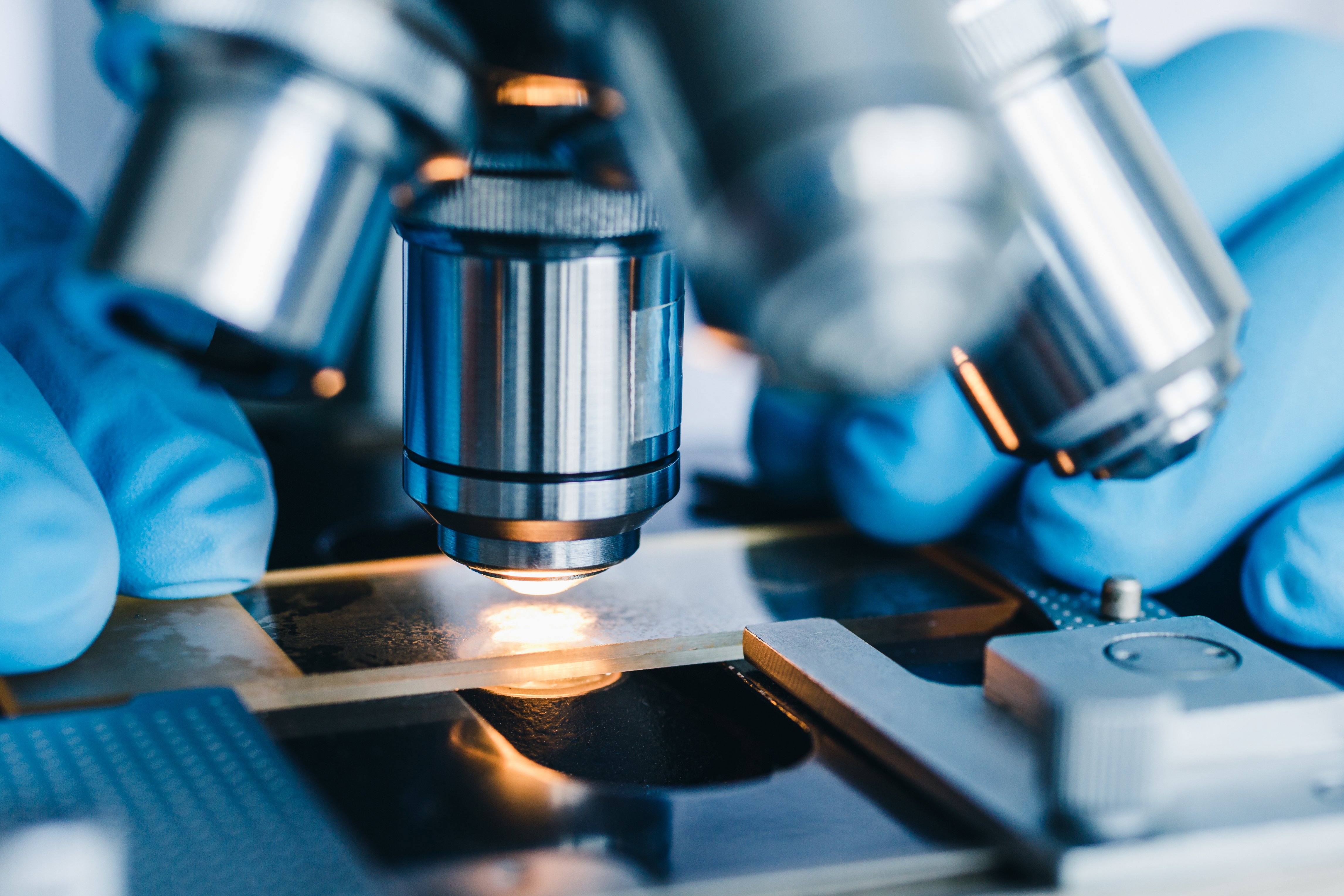
(Vienna, 28-03-2024) In a recently published research paper, led by Marko Roblek from MedUni Vienna's Center for Physiology and Pharmacology, the function of a specific protein (SLC MFSD1) as a dipeptide transporter has been described for the first time. Dysregulation of MFSD1 is associated with liver disease, lymphocyte formation disorders and tumor metastasis, making these proteins highly relevant clinically. The study published in the scientific journal PNAS thus creates the basis for research into the role of dipeptides in connection with diseases.
Lysosomal dipeptide transporters are proteins that occur in the membranes of lysosomes, the organelles in cells that are responsible for the breakdown and recycling of cell components and absorbed substances. These proteins play an important role in metabolism. Membrane proteins of the solute carrier family (SLC) are responsible for the correct distribution of metabolites both within and between cells and their environment. If these processes are impaired, this can lead to serious disturbances in normal cellular processes, which may also manifest themselves pathologically.
The function of many of these SLC proteins and their role in normal cell function have not yet been investigated. The recently published study was the first to describe the function of the lysosomal SLC MFSD1 as a dipeptide transporter, which is associated with various diseases. In order to investigate the connections, the scientific team led by Marko Roblek focused on the question of which metabolites of MFSD1 are transported into or out of the lysosomes. In collaboration with first author Danila Boytsov (Center for Physiology and Pharmacology at MedUni Vienna) and the Metabolomics Facility of the Vienna BioCenter Core Facilities, headed by Thomas Köcher, the authors were able to identify dipeptides as substrates of MFSD1 for the first time.
"MFSD1 thus represents a new type of peptide transporter that functions independently of the pH gradient, is specific for dipeptides and thus differs significantly from the previously known proton-coupled oligopeptide transporters," summarizes Marko Roblek. The successful identification of these substrates means that potential clinical relevance can be investigated in follow-up experiments. Thus, this work serves as a basis for future research tasks dealing with the role of dipeptides in the context of diseases.
Publication: PNAS
Orphan lysosomal solute carrier MFSD1 facilitates highly selective dipeptide transport;
Danila Boytsov, Gregor M Madej, Georg Horn, Nadine Blaha, Thomas Köcher, Harald H. Sitte, Daria Siekhaus, Christine Ziegler, Walter Sandtner, Marko Roblek
DOI: 10.1073/pnas.2319686121